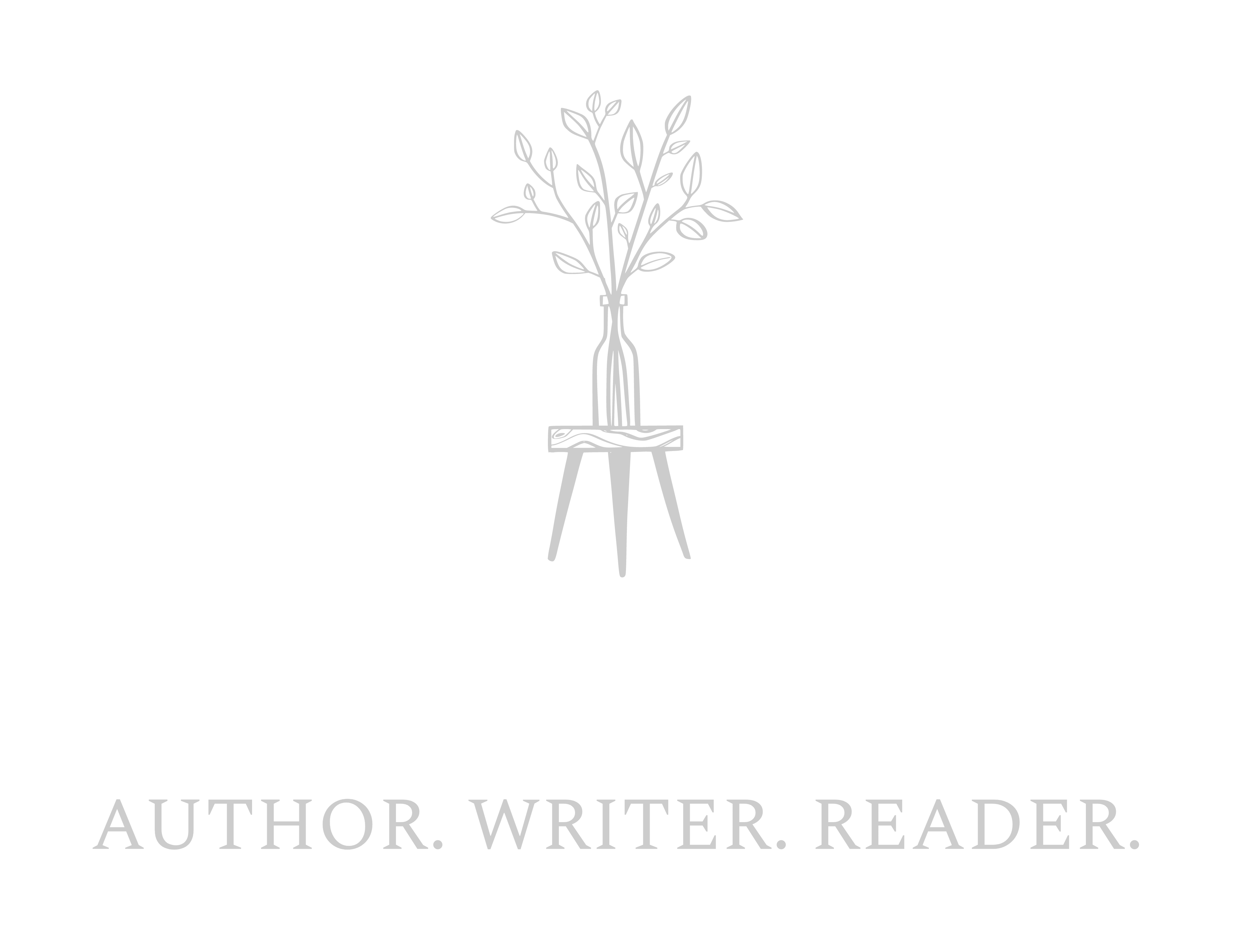This topic is not only frustrating but also quite confusing. Why would I want to avoid these adverbs when they are essential to my writing? Well, most of the time these words are often overused, misused or unnecessary, which makes them worth watching out for as you write or edit your literary work.
Like most authors, I want my readers to become immersed in my story telling while experiencing every emotion that each character has to offer as it is happening. Authors tend to filter the reader’s experience through the character’s point of view. It’s called showing vs telling. In other words, the author will tell the reader what the character has or is experiencing rather than showing the reader what the character has or is experiencing. Do not filter anything. Allow the reader to experience first-hand what the character is feeling without telling them how they feel.
Example, do not say, “Linda heard” or “Linda saw” or even “Linda felt.” By utilizing these words, you are filtering the readers experience because you as the author are telling the reader what the character heard, saw, and felt. We as human beings have an imagination so, allow the reader to imagine the characters emotions and experiences by describing the situation.
Example:
Showing
The heavy rainfall drenched Tom’s clothes as he darted out of his vehicle and bolted straight for the door. With ominous clouds looming above, the possibility of sunshine fainted with every passing moment.
vs
Telling
Tom felt the rain land on his clothes and decided to head straight for the door. He could see the dark clouds above and knew that the possibility for sunshine was gone.
The two sentences above are great examples of showing vs telling. In the first sentence, the word heavy and drenched shows the reader what Tom felt when the rain landed on his clothes as opposed to the second sentence where the author told the reader that the character felt.
I have provided a list of words to avoid when writing a novel or other literary work (below is not a comprehensive list). It’s best practice to conduct a first round of edits yourself and omit these words prior to sending off your manuscript to your editor (who should be able to identify any additional filter words that could potentially alter the reader’s imagination).
Words to Avoid:
Some of the words outlined below are ok to use in certain situations, however, choose wisely and avoid over usage.
- Adverbs as part of a speech (dialogue)
- Decided
- Feel/Felt
- Hear/Heard
- Just
- Know/Knew
- Look
- Leading Words (e.g. Most Times, In Order To, Often and Oftentimes)
- Quite
- Really
- Realize
- Remember
- See/Saw
- Some
- So
- Something
- This
- That
- Thing
- Think
- Very
- Words that end in LY (e.g. Obviously, Clearly, Actually) – only use in moderation
- Wonder






